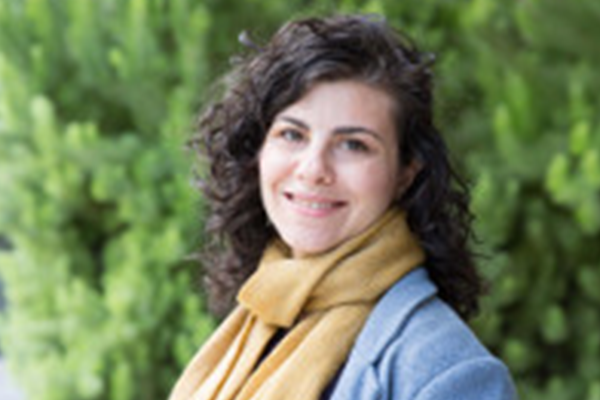
This talk revolves around efforts by child welfare workers — psychologists, children’s homes directors and Jewish child welfare agencies employees — to help rehabilitate a group of approximately 500 teenage Holocaust survivors that moved to France in 1945, commonly referred to as the Buchenwald Boys. This talk will explore how psychologists and child-welfare workers living with and treating the Buchenwald Boys, as well as orphaned children more generally, tied social reconstruction to the reconstruction of individuals’ personalities and lives. While the Buchenwald Boys were not considered representative of all Jewish children in France in terms of numbers or experience, they operated in the words of one psychologist, as a “laboratory,” in which child-welfare experts experimented with theories regarding trauma and recovery and voiced their pessimism about the capacity to rebuild a shattered psyche and society in the wake of the Holocaust and displacement.
Daniella Doron is a senior lecturer in Holocaust and Genocide Studies in the Australian Centre for Jewish Civilisation in the School of Philosophical and Historical Studies. She received her PhD in 2009 from the Departments of History and Hebrew and Judaic Studies at New York University, where she wrote
a dissertation entitled, “In the Best Interest of the Child: Family, Youth, and Identity in Postwar France, 1944-1954.” Her first book, Jewish Youth and Identity in Postwar France (Indiana University Press) was published in 2015.
This lecture is free and open to the public.
This lecture is presented by the Migration, Mobility and Immobility Project, the Melton Center for Jewish Studies and the Department of History at Ohio State.
